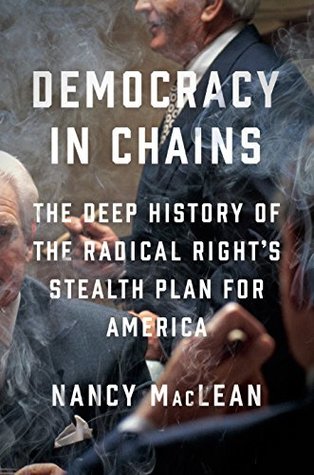In 1964, the Twenty-Fourth Amendment forever outlawed the use of poll taxes as a precondition for voting in federal elections. Two years later, in 1966, the Supreme Court heard Harper v. Virginia Board of Elections. Wealth or the payment of fees, said Justice William O. Douglas, who had grown up in poverty himself, was “not germane to one’s ability to participate intelligently in the political process. . . . The right to vote,” he ruled, “is too precious, too fundamental to be so burdened or conditioned.”3 It was the end of the poll tax in state elections.
Welcome back. Just a moment while we sign you in to your Goodreads account.


